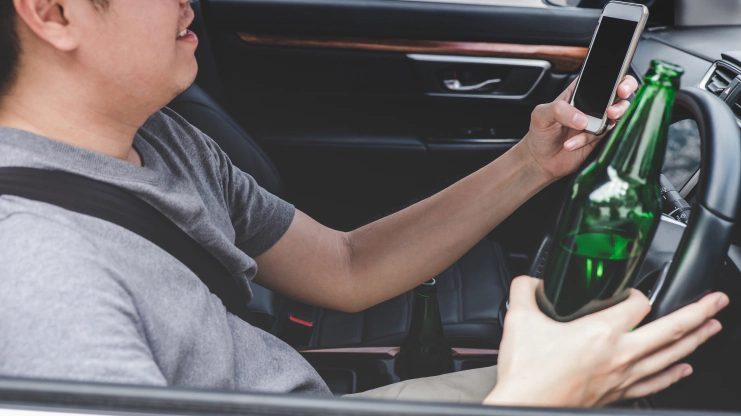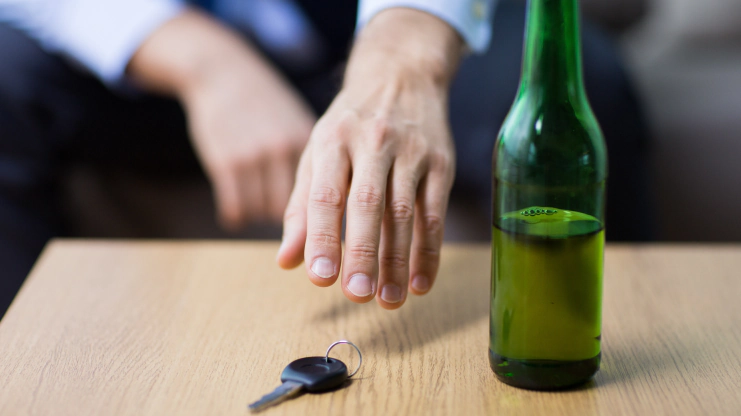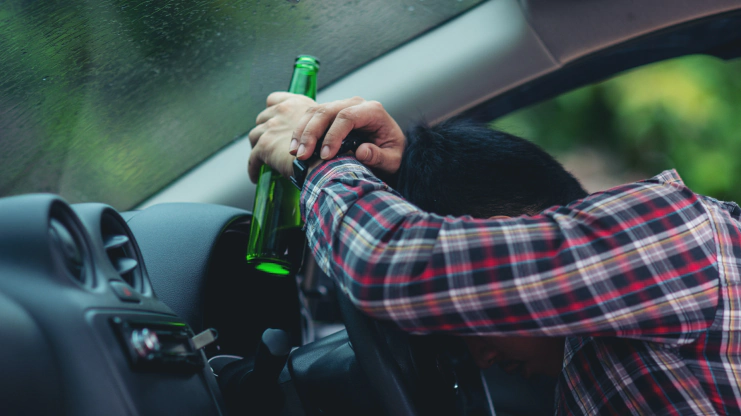The Most Common Myths About DUI
Driving under the influence (DUI) is a serious crime that can have significant consequences, including license suspension and jail time. However, people often don’t understand all of the laws regarding drinking and driving. In this article, we’ll clear up some of the most common DUI myths
Your BAC Has To Be 0.08% Or Higher
It’s possible to be arrested for a DUI even if your blood alcohol content (BAC) is below the legal limit. However, your BAC must be above 0.08 percent for you to be convicted of driving under the influence. Your BAC depends on many factors, including the type of liquor you consumed, your body weight and how long you were on the road before being pulled over by police. Your BAC also changes over time as your body metabolizes and absorbs the alcohol in your system. When you are stopped by police for drunk driving, they will ask you to submit to a breath or blood test to measure your BAC. These tests can be very difficult to perform, but the results can be used against you in court. If you have been arrested for a DUI, contact an attorney as soon as possible. They may be able to challenge the results of your breathalyzer to have your charges dropped.
Must Be Driving To Get A DUI
A common misconception is that you cannot be arrested for a DUI if your vehicle is parked. While this may be true in some states, it is not in all. When pulled over for a traffic violation, police will generally ask you to provide your driver’s license and registration. They will likely also take note of any signs of impairment you display. One way to protect yourself is to remain calm. You should answer the officer’s questions as gently as possible, and should not volunteer any information that might be used against you in court. Ultimately, the best defense against a DUI charge is to prove that you had no intention of driving at the time you were arrested. This is particularly true if you had the keys to your car in your hand at the time of the arrest.
Can’t Be Arrested For A DUI If Sober
In most cases, a DUI charge can be avoided if you are not intoxicated at all. However, you should still avoid getting behind the wheel if you think you might be under the influence of alcohol or drugs. Using illegal drugs, prescription medications or over-the-counter medications while driving can also lead to a DUI charge. These can include marijuana, methamphetamines, benzodiazepines, cocaine, barbiturates and others. Often, a DUI charge will result in loss of your driver’s license. In addition, you will usually be required to undergo a medical evaluation of your alcohol or drug use and may need to participate in a drug treatment program.
Can’t Be Arrested For A DUI If You’re Not Seen Driving.
If you’re pulled over and aren’t seen driving, you can’t be arrested. This is because DUI laws require that you be in control of your vehicle at the time of the stop. However, if a police officer can find proof that you were in the car, you might still be arrested for a DUI. This is because a prosecutor needs to prove that you were in the vehicle and that you were intoxicated while in control of the vehicle. This is why you should resist any demands made by an officer that you perform field sobriety tests, take a breath test or provide them with your license and registration. This limits their ability to collect evidence against you, and may help avoid a DUI charge.






